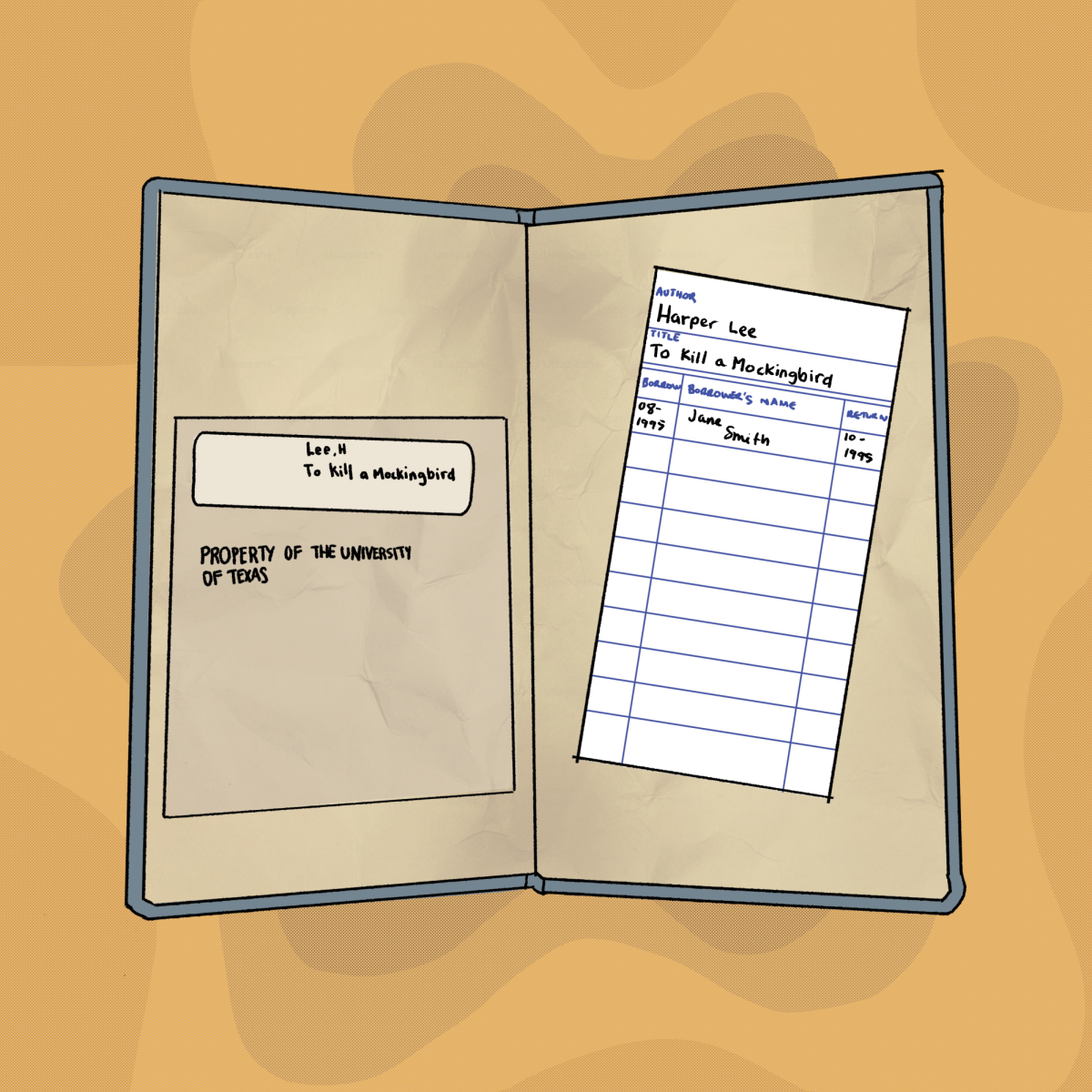With temperatures consistently hitting triple digits, Austin residents are dealing with record-breaking heat on a daily basis. The Daily Texan spoke with Rong Fu, a professor in the Jackson School of Geosciences, about climate change and its effect on UT.
The Daily Texan: What is climate change and what patterns are currently taking place?
Rong Fu: Climate [refers to] patterns that usually average several decades and maybe even centuries. It’s supposed to be the climate we kind of expect. For local climate, we have seen overall warmer increases of temperatures in summer as well as in winter. We have seen rainfall patterns change, and in Texas, [observations] suggest in the recent decade we tended to have more extreme [conditions] either in terms of lots of rain or no rain.
DT: Is there an estimate of how long the drought we are experiencing may last?
Fu: We know what climate condition might end the drought. A
hurricane in this area could generate a large amount of rainfall and [would] likely end the drought. But the reason we don’t know a time, we do not know whether we’re going to get a hurricane this year.
DT: How does climate change impact UT students? Is there any health, social, economic risks?
Fu: Three-digit temperatures usually have a higher impact on the elderly, and UT students are young. You can still suffer heat exhaustion. If students do not pay special attention to such high temperatures, they could suffer from heat exhaustion. Also, public health studies suggest that under extreme temperatures if you have respiration problems, you’re more vulnerable healthwise. Besides health, you probably pay more on your electricity this year than normal.
DT: What risks does climate change pose for local plants and animals and the ecosystem?
Fu: Extreme temperature is hard on animals and usually extreme temperatures are associated with drought. Texas Park and wildlife agents already report that they see the increase in mortality for wildlife animals, especially the young, and they see low births rates for these wild animals. When streams are dried out, the marine life in the stream will be impacted. On plants, when temperature is beyond 100 degrees and many shade-tolerant plants are very vulnerable to high temperatures so they would be either weakened or dying.
DT: What sort of steps should Austin residents take to reduce these risks?
Fu: We could become more energy efficient, reduce our carbon footprint and also be smart about the urban planning — reduce public pavement, change the roofing. There are many things that we can do to reduce human forces.
DT: How important is it that programs or organizations be created that deal directly with effects of climate change?
Fu: It is very important. Right now, we don’t have a single silver bullet to combat climate change, and it’s really relying on individuals and corporations trying to reduce our carbon footprint as much as we can. We need all options on the plate. We need entire communities to work together to reduce the emissions of greenhouse gases.
DT: Anything else you’d like to add?
Fu: The only hope we have to combat climate is our grassroots — everybody trying to do their part. No single organization or government could address these issues without the entire community on board.
Printed on Friday, September 2, 2011 as: Professor discusses how climate change affects Texas drought.




















